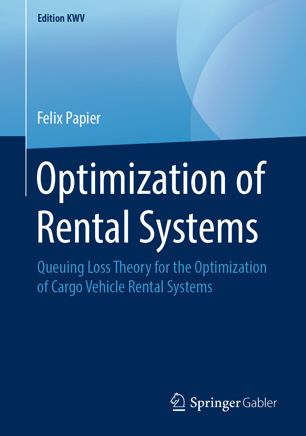

Most ebook files are in PDF format, so you can easily read them using various software such as Foxit Reader or directly on the Google Chrome browser.
Some ebook files are released by publishers in other formats such as .awz, .mobi, .epub, .fb2, etc. You may need to install specific software to read these formats on mobile/PC, such as Calibre.
Please read the tutorial at this link: https://ebookbell.com/faq
We offer FREE conversion to the popular formats you request; however, this may take some time. Therefore, right after payment, please email us, and we will try to provide the service as quickly as possible.
For some exceptional file formats or broken links (if any), please refrain from opening any disputes. Instead, email us first, and we will try to assist within a maximum of 6 hours.
EbookBell Team

4.1
90 reviewsLogistics providers typically own large fleets of transportation vehicles such as rail cars or trucks. These fleets do not only determine to a large extent the service level the company can offer, but also make up a large part of total costs. Proper management of the fleet is therefore a crucial factor for these companies.
In this book the author presents planning approaches that address the optimal management of vehicle fleets. Firstly, methods for determining the mixture of vehicle types and the optimal size of a fleet are developed. Secondly, approaches for supporting new service models such as customer segmentation are derived.
Potential readership includes scholars and graduate students who are interested in the field of fleet planning and practitioners from logistics companies looking for new planning approaches.